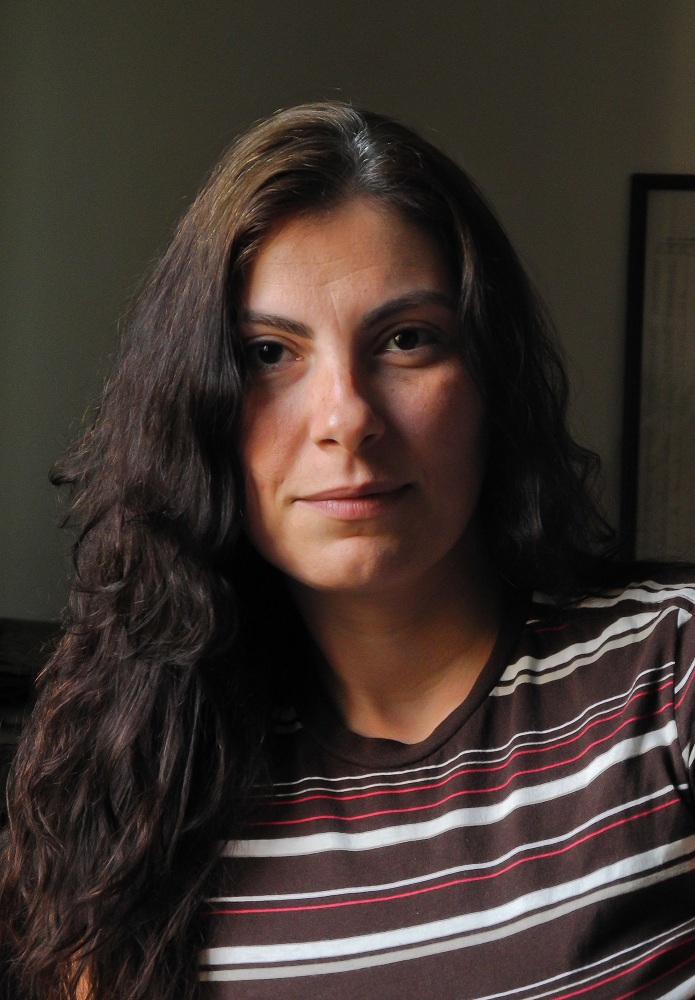The Egyptian public has been subjected to the largest act of blackmail and deception carried out by the media apparatus in the country’s history. The game began with the post-revolutionary slogans about the military, the Muslim Brotherhood, and remnants of the old regime, only to end with pornography from local channels that have no other interest than manipulating the instincts of Egyptians.
Amid this operation, thousands of victims were thrown into the deepest recesses of prisons. Those channels had no interest in them, wishing instead to defer all the violations against them onto the short memory span of the audience, which has submitted itself to the factual agenda propagated by satellite channels.
This extortion operation began after the 30 June revolution, which marked Egypt’s last revolution, much as the 1973 war was its last war. The justification for both is one among media moguls: “We can no longer do that. Our economy cannot afford a new revolutionary tremor as it cannot bear another war.”
The other face of blackmail was the organised media campaign that made watching television screens repugnant to the public, through which figures of Mubarak’s regime spoke to us, ignoring the fact that they were the key partner in the falsification of facts during their heyday. The public despised them, and turned instead to watching ‘pornographic’ TV shows and programmes hosting charlatans and those who claim religiosity. The public consciousness was voided of everything but tales of sexual harassment and exorcism.
Amid those, the channels that provided balanced, educational and informative material failed to attract viewers, who had already been pushed into disregarding public affairs and the conditions of the country.
A friend who works in the media told me he was tired of watching the BBC, despite its rich material. He said he fell asleep every time he watched it. I decided to try it myself, along with similar channels, such as Deutsche Welle, Al Jazeera, Russia Today, CNN, and France 24. Some of those channels provide Arabic content and are directed towards the Middle East region.
I found out that in spite of what they offer in terms of important material that is worthy of satisfying the curiosity for knowledge, they failed to change and develop towards the media template that provides information material that fulfils the public’s desire for entertainment. On the other hand, some of those channels, and the electronic outlets affiliated with them, went along with the current and began providing ‘pornographic’ news content, in the hopes of attracting whoever may be watching.
Employers lost touch of their ability to innovate and learn the template that the public wants to derive their information through. Decision-makers only thought of attracting an audience, even if this came at the expense of the foundational rules they set for their channels and institutions.
The same occurred with Egyptian channels. They focused on ‘pornographic’ content, girls, competitions, songs and so on, as though the audience chose to voluntarily become unaware of its surroundings – but in fact, the audience got tired of seeing the same faces and templates everywhere. Those faces that defile whoever dares to utter a word of opposition, and snuff out every view that falls outside of the regime’s, to which they are the unmasked defenders and advocates for its failed policies.
The public does not want that. Before 2011, people waited for talk shows. At the time, they offered facts and information and criticised the government to maintain pressure and criticism until they saw results. They used to be in touch with the public, satisfy its instincts and soothe its ire. The public chose to watch them, sometimes knowing there is no real opposition.
However, now people can only watch a single stream, moving within rigid moulds, of which they have grown tired. People are tired of the media promoting a regime that is already loosing points due to its repeated failures. Nonetheless, media insists on defending those failures instead of adding pressure on the regime to change course or aim to ease the feeling of frustration.
The media needs to adopt an outside-the-box approach to look for content and ways of presenting it. I am referring to both those serious outlets that have the respect of the world, as well as our local channels. They all require new, innovative and attractive means of presentation to fulfil the audience’s instinct towards knowledge and curiosity. They need to respond to societal changes. Without that, we will be going backwards to more than 50 years ago.


